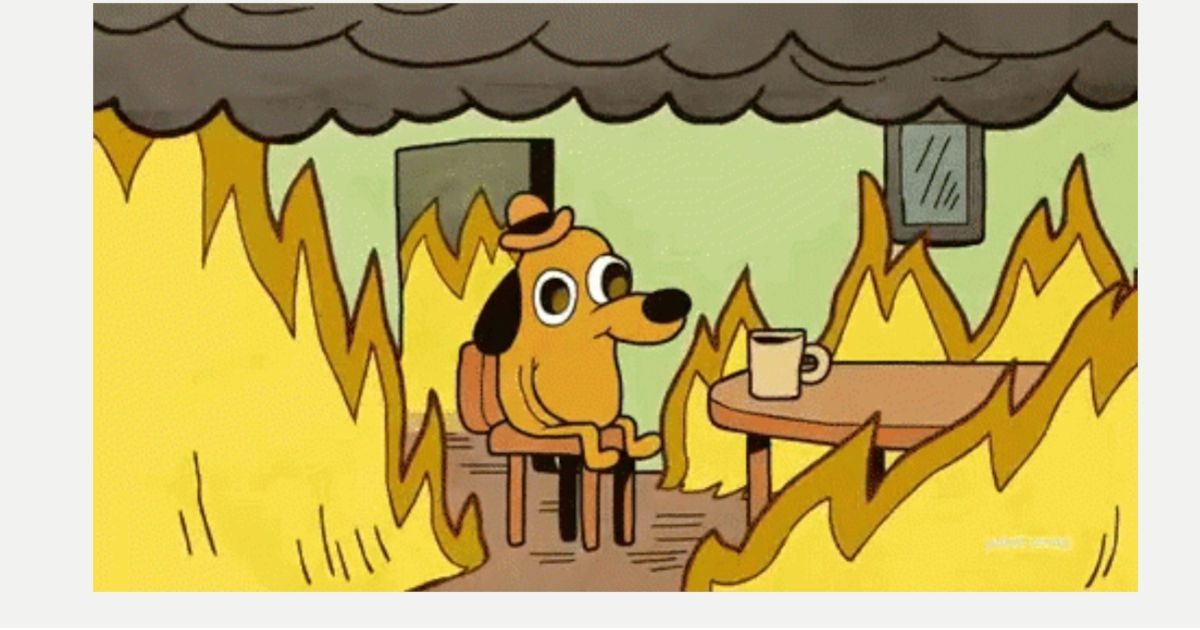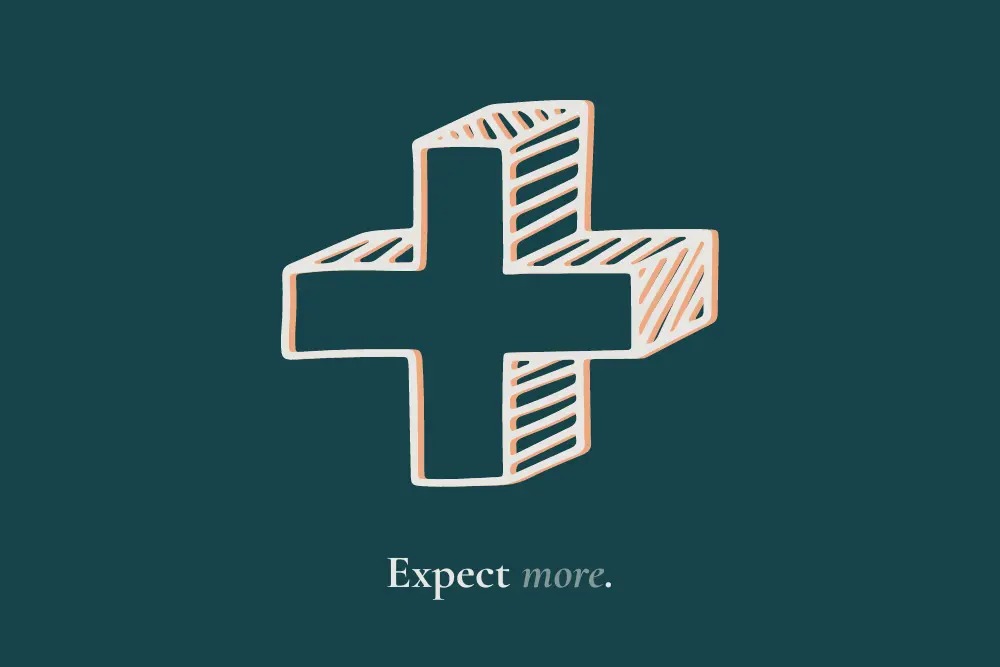Eyes On The Prize
Recently everyone’s been talking about how focused world champion and playoff MVP Kawhi Leonard is. Folks have even asked me how they can cultivate habits like his when it comes to their work or studies. In fact, in my clinical work, I’m often asked by clients how they can maximize their attention spans to get those nagging to-do lists done. Indeed, how in a world constantly buzzing with distractions galore (thank you, smartphones!), where peace and quiet is becoming more an exception than the norm, does one stay focused and accomplish anything?
In some cases, a short attention span can be the result of struggles with ADD or ADHD or of an underlying medical issue that results in chronic fatigue and lack of physical and emotional energy to get tasks done. If you find you simply don’t have enough energy to get your work done on a daily basis, please consult your GP to rule out any medical issues that may be impacting your energy levels and attention span.
If all is well medically, here are seven ways to get the most out of your day:
- Organize your living and working spaces: The more cluttered your space, the harder it is to stay focused. Clutter also drains energy, and people in disorganized living spaces waste a great deal of time looking for things. Try your best to only keep things you use on a regular basis, avoid impulse purchases and make it a habit to declutter your space on a daily basis. I highly recommend Marie Kondo’s approach to organized living. Check out her series on Netflix.
- Set a daily structure and routine: Figure out a time of day that works for you—a time when you are at peak performance—and guard that time. Focus on getting the more difficult tasks on your list done then. Make sure your colleagues or loved ones know the importance of this time slot so that you can keep as many sources of distraction and interruptions as possible away during this time.
- Learn to say no: Do you find yourself saying yes to requests for favours even though you can’t or don’t want to commit to them? Learning to say no to such requests has been a huge life change for me, as I often found myself saying yes to people out of courtesy. I find being respectfully direct is the key to setting boundaries for myself so that I can focus on doing things that are important to me. Sometimes I run into situations where people aren’t happy that I cannot accommodate their requests, but it’s certainly better than saying yes and becoming resentful later on.
- Try meditation: Mental clutter can be even more destructive than the clutter in our living spaces. It robs us of our ability to be present in the ‘here and now’. I work with many clients who are anxious and struggle to relax because of the responsibilities they have at home and work. Tight schedules can heighten feelings of anxiety and depression. There are many cool apps you can try to learn the art of meditation or mindful breathing. Try Mindshift or Calm, both of which are free and very helpful for beginners. Even a 3-4 minute exercise can lower feelings of depression and anxiety by 70%.
- Avoid multitasking: We live in a culture that prizes multitasking. However, research has proven that in reality multitasking adversely affects performance, attention to detail and memory retention. It’s better to focus on one task at a time and allow yourself the space and time to get one task done before moving on to the next.
- Reward yourself: I am a believer in setting up rewards for myself and my child when a challenging task is accomplished or a positive habit is developed. The reward doesn’t necessarily need to be material. For example, it could mean taking some time to do something you enjoy but generally don’t have the time for, such as reading a book or going for a walk.
- Get physical: Taking care of your physical health by hitting the gym or going for nature walks has been shown to improve brain function significantly. Your energy levels and ability to stay focused will be noticeably better.
Change is hard work! If you find yourself in need of support, I encourage you to reach out for help, whether to a supportive loved one or a professional counsellor. Asking for help maximizes our chances of making long-lasting changes for our wellness.
This article was written by Maheen Sayal during their time at Shift Collab.














.gif)













![Summer Lovin' [not] Havin' a Blast](https://cdn.prod.website-files.com/625ec823c07cd8de32e1bae2/684af26ed2b68f821b628848_20240206T0910-fd1563e4-34d1-49e6-af59-9b95c717196a.webp)













































































